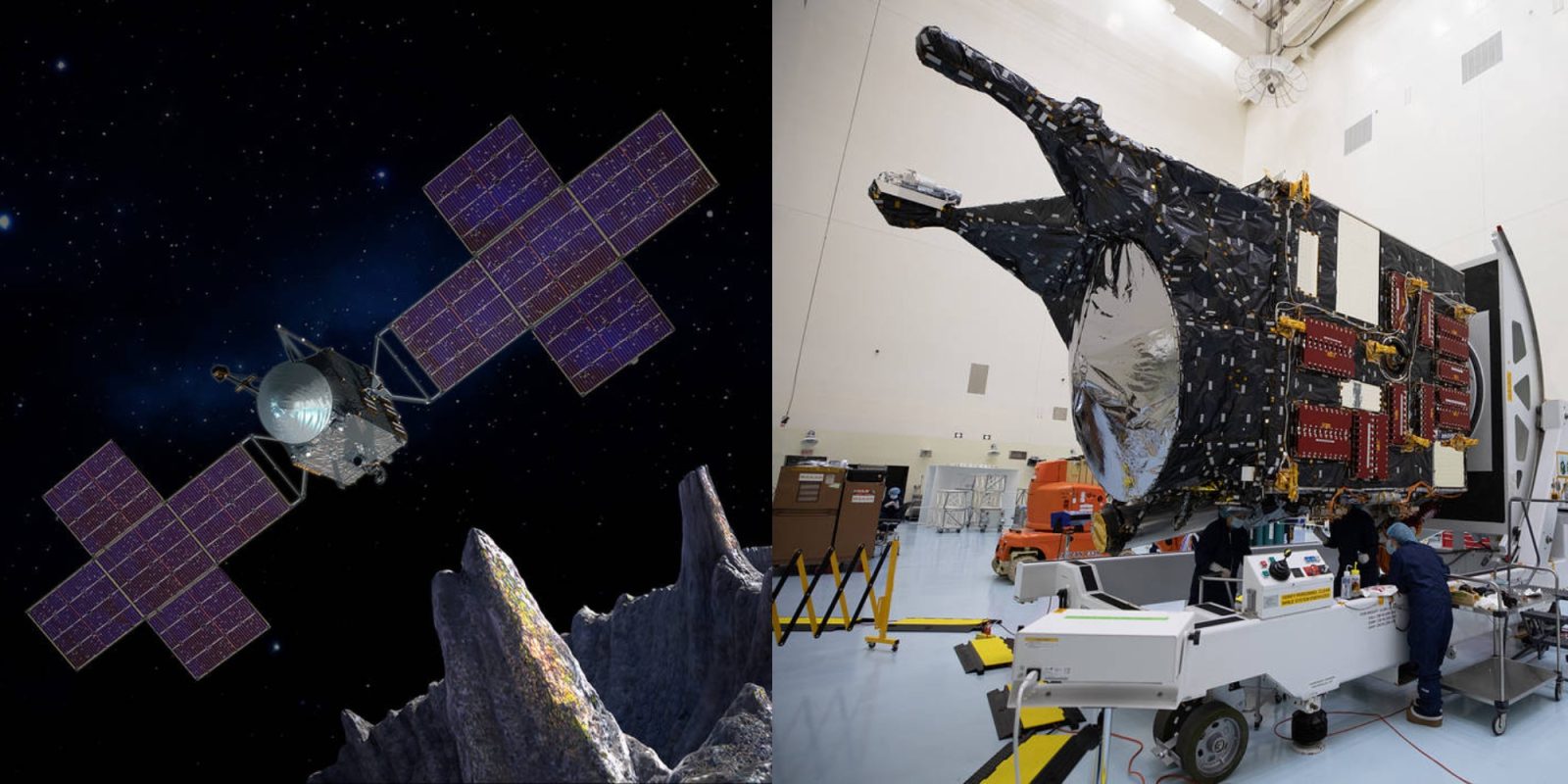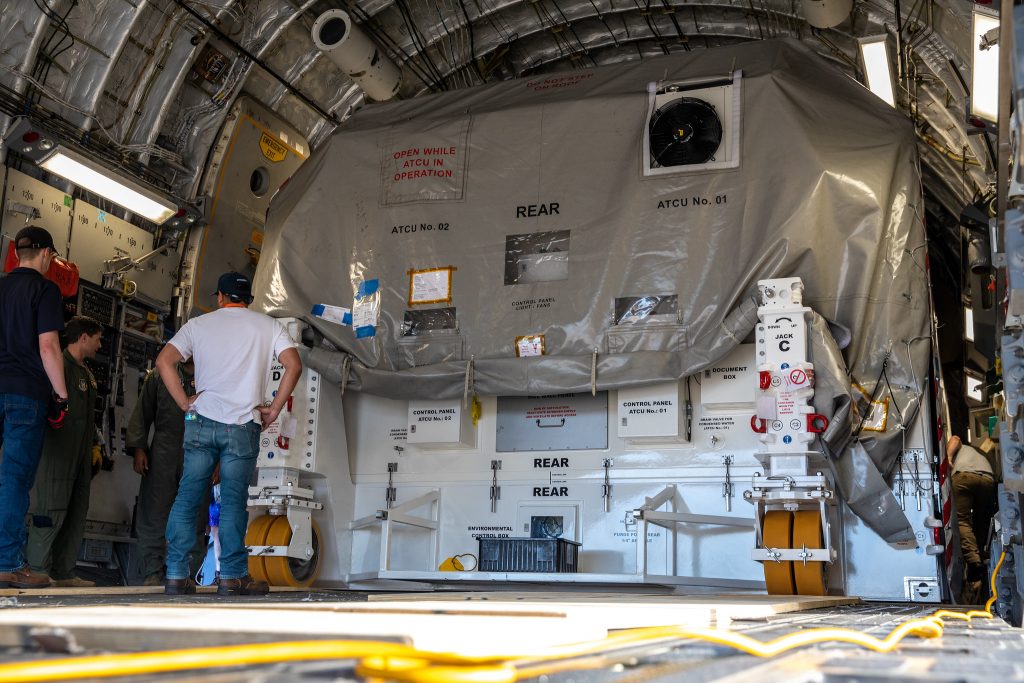
NASA planned to launch a mission this year to explore a unique asteroid called Psyche. Unfortunately the team behind the Psyche mission ran out of time to properly test the spacecraft in time to make this year’s launch window.
Asteroid bound
The importance of the Psyche mission is that the asteroid is composed of metal rather than rock or ice.
Deep within the terrestrial planets, including Earth, scientists infer the presence of metallic cores, but these lie unreachably far below the planets’ rocky mantles and crusts. The asteroid Psyche offers a unique window into these building blocks of planet formation and the opportunity to investigate a previously unexplored type of world.
NASA
The space agency made significant progress toward the mission two years ago when the spacecraft used for the mission graduated from a design phase to manufacturing. Then the spacecraft used for the mission arrived at Kennedy Space Center for processing at the beginning of May. The team were still targeted an August 1 liftoff at the time.

NASA amended the launch date three weeks later, shifting the target to no earlier than September 20:
NASA’s Psyche spacecraft is nearing the final stages of preparations for launch, and the mission team is working to confirm that all hardware and software systems are operating correctly. An issue is preventing confirmation that the software controlling the spacecraft is functioning as planned. The team is working to identify and correct the issue.
Standing down
Unfortunately, this issue ultimately led to the team not being able to meet the 2022 launch window:
Due to the late delivery of the spacecraft’s flight software and testing equipment, NASA does not have sufficient time to complete the testing needed ahead of its remaining launch period this year, which ends on Oct. 11. The mission team needs more time to ensure that the software will function properly in flight.
What happens next isn’t certain. NASA will evaluate launch opportunities in 2023 and 2024, but the spacecraft’s arrival to Psyche would shift from 2026 to 2029 or 2030. Before NASA is cleared to proceed with an adjusted mission target, an independent assessment team will determine viability of the mission.
The independent assessment team, typically made up of experts from government, academia, and industry, will review possible options for next steps, including estimated costs. Implications for the agency’s Discovery Program and planetary science portfolio also will be considered.
NASA says that the life-cycle mission cost for Psyche is $985 million, which includes launching on a SpaceX Falcon Heavy rocket. The agency adds that $717 million of the total mission cost has already been spent, and new cost estimates for launches in 2023 and 2024 will be determined.
Read more about the decision to stand down from launching Psyche this year here.
FTC: We use income earning auto affiliate links. More.




Comments